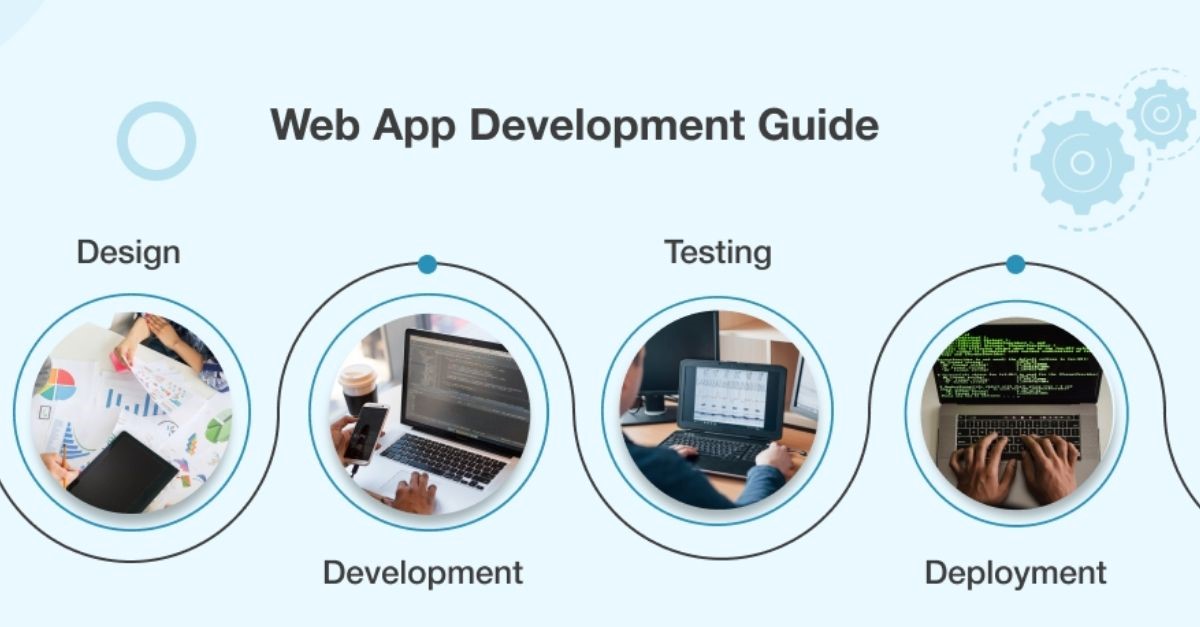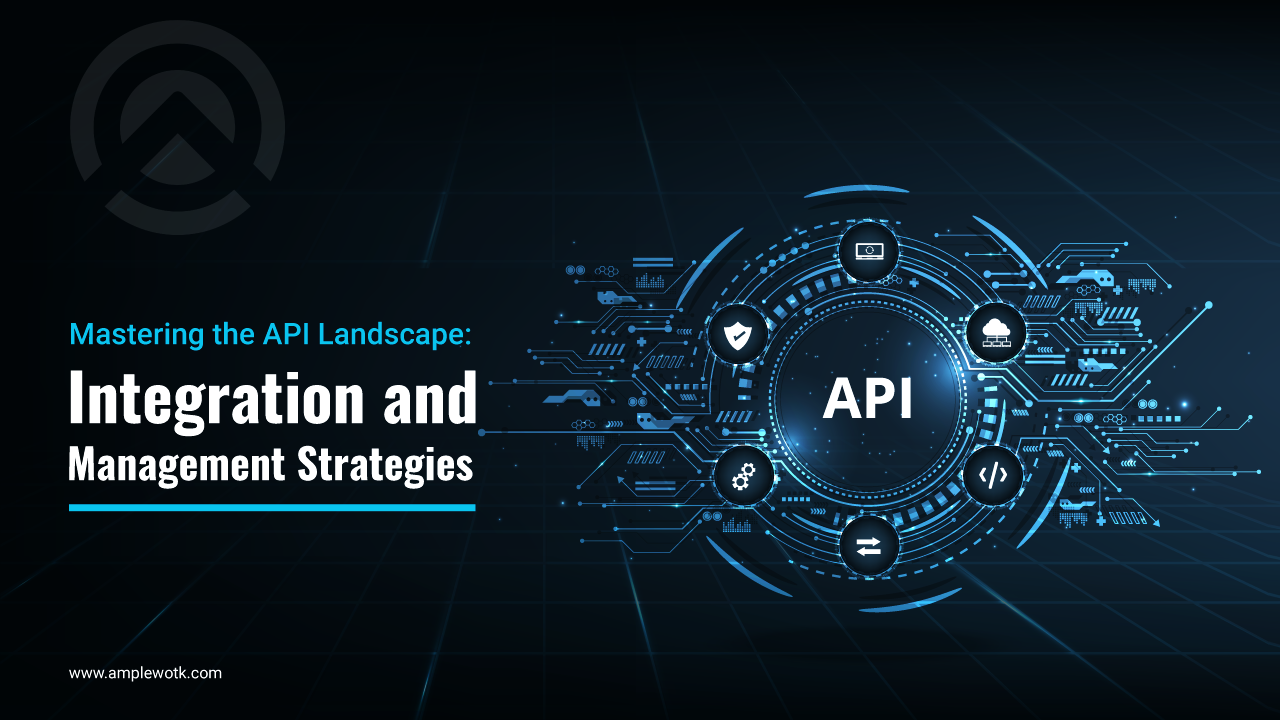In this new digital era, business owners are searching the most innovative ways to optimize their operations and management to improve the customer experiences. One of the powerful tools is API, commonly known as the Application Programming Interface in the recent years. These APIs allows the various software applications for sharing trustworthy data and communicates the new coming up possibilities in the world for all businesses.
Before we go into the API’s transformative power, let’s first we understand that what is this API? So, this API performs as a bridge to allow two different systems of software to exchange and interact the information.
It defines the methods and protocols through which can request data or perform actions on software. APIs provide a standardized way for different applications to communicate, enabling seamless integration and interoperability.
API integration allows users to leverage external services, connect different software systems, and enhance overall efficiency. By integrating APIs into their operations, businesses can streamline processes, improve data accuracy, and create new revenue streams. Let’s now explore eight unique ways in which APIs can transform your business.
1: Streamline Communication and Collaboration
APIs enable smooth communication and collaboration between different systems, both internally and externally. Various businesses can automate easily the information exchange between different software applications, to eliminate the demand for manually data entries, and reduce all the risks arising errors by integration this API. This process improves the productivity, streamlines workflows, and fosters the best collaboration across departments and teams.
2: Enhance Customer Experience
To enhance the customer experiences these APIs are playing an important role in the exchange industry. Businesses can provide tailored and personalized experiences to the customers By integrating with third-party services. Just like, the platform of ecommerce can integrate the shipping API with real-time updates of shipping that enables the seamless tracing systems.
APIs also allow businesses to integrate social media platforms, enabling customers to sign in using their social media accounts and share their experiences effortlessly.
3: Automate Repetitive Tasks
API integration empowers businesses to automate repetitive tasks and save valuable time and resources. By connecting different systems through APIs, businesses can automate data synchronization, report generation, and other routine processes. This automation reduces manual errors, improves efficiency, and frees up employees to focus on more strategic and value-added activities.
4: Expand Market Reach
APIs gives an opportunity to the businesses to expand their markets by integrating with the external services and platforms. For instance, the one travelling agency could integrate the API of flight booking and offer the variety of flight options to their customers. By getting APIs, business can jump into the new and trending markets, create new revenue streams and attract a wider customer base.
APIs offers all business for monetizing their data into assets. By applying APIs you can control your data, can access any time, companies can create data-driven products, or enter into partnerships where data is exchanged for value, and offer data analytics services. This can create opportunities for business growth and open up new revenue streams.
5: Enabling Third-party integrations
These APIs offers all businesses the seamlessly integrations with third-party applications and services, extend the functionality of their offerings. For example, a software of project management can be integrated API of time tracking to offer their users with advanced and modern time management. After applying third-party integration by these APIs, all businesses can improve their products offering packages, stay competitive in the market and provide additional value to customers.
6: Improve Data Accuracy and Consistency
Integrating APIs ensures the accuracy and consistency of data across different systems. By connecting disparate software applications through APIs, businesses can eliminate data silos and ensure that information is always up to date. This not only improves decision-making but also enhances the overall customer experience by providing accurate and consistent data across touch points. APIs facilitate innovation by opening up platforms to third-party developers, allowing them to access data and create new applications or integrations.
7: Facilitate Innovation and Experimentation
APIs foster innovation and experimentation within businesses. By exposing certain functionalities through APIs, companies can encourage developers to build upon their existing systems and create innovative solutions. APIs enable businesses to open up their platforms, allowing third-party developers to access data and create new applications, integrations, or services. This collaboration drives innovation, accelerates product development, and keeps businesses at the forefront of technological advancements.
APIs can automate repetitive tasks by connecting different systems and enabling data synchronization, report generation, and more.
8: Enhance Scalability and Flexibility
API integration provides businesses with scalability and flexibility to adapt to changing needs and market demands. By modularizing their systems through APIs, businesses can easily add or remove functionalities as required. The API’s scalability allows businesses to enhance the entire infrastructure and enables them to respond quickly to meet the customer’s satisfactions and trends of industry. APIs also give opportunity to the businesses for integration of third party services and offer to their customers personalized experiences, just like social media integrations and real-time shipping updates.
Conclusion
As a result APIs have a wide potential to transform your business by enhancing customer experiences, streamlining processes, expanding market reach, driving innovation, enabling agile development, monetizing data, and fostering strategic partnerships. Embracing APIs can unlock new opportunities, improve operational efficiency, and drive business growth in today’s interconnected digital landscape.




